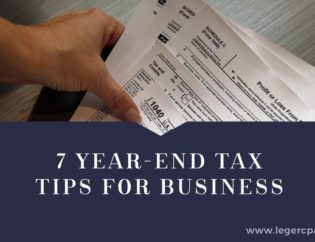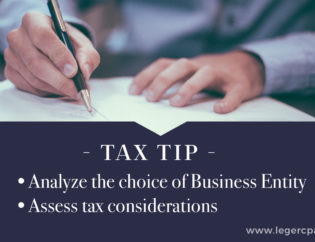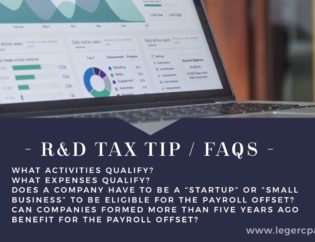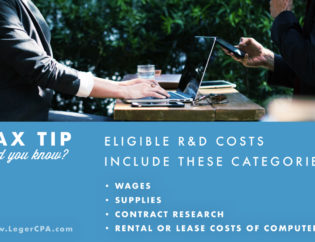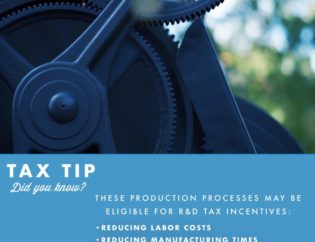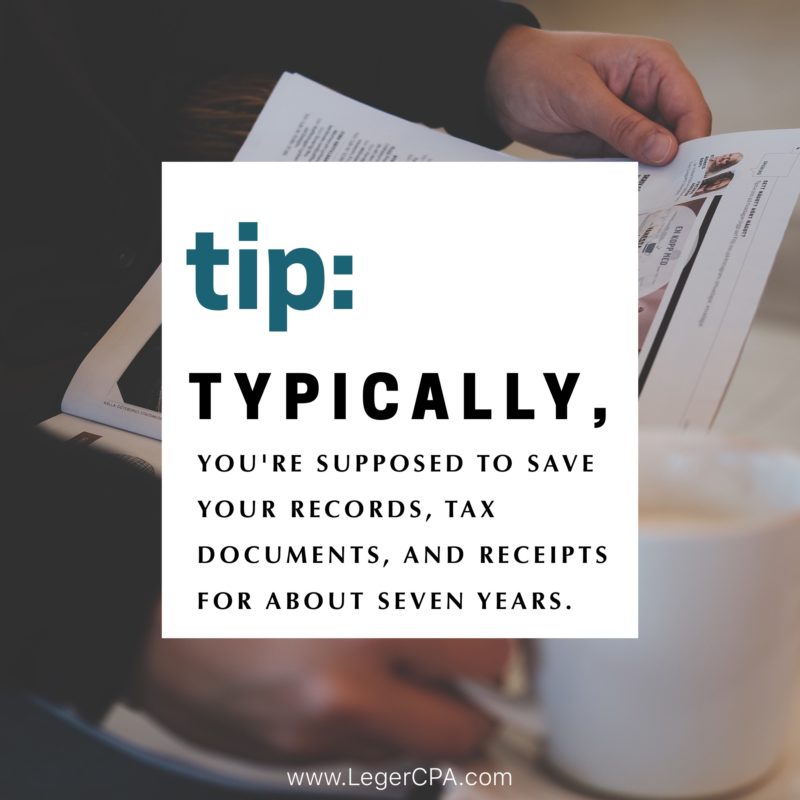
The next train of thought is, what exactly counts as a tax record? Tax returns are straight forward. Also, keep backup evidence for items you claim as deductions, including canceled checks and receipts for things like alimony payments, charitable contributions, mortgage interest payments and retirement plan contributions.
Keep in mind, these guidelines are all geared to complying with federal tax obligations. Check with your state tax office to learn how long you should keep your state tax records.
Certain documents should be saved longer. Information related to your home, property, investments and retirement plans should be kept indefinitely. If you dispose of an asset, be sure to keep the information for another three years.
Ron Leger is a Massachusetts based CPA who specializes in the R&D Tax credit and taxes for businesses, individuals, trusts and tax exempt organizations. Contact us today!



